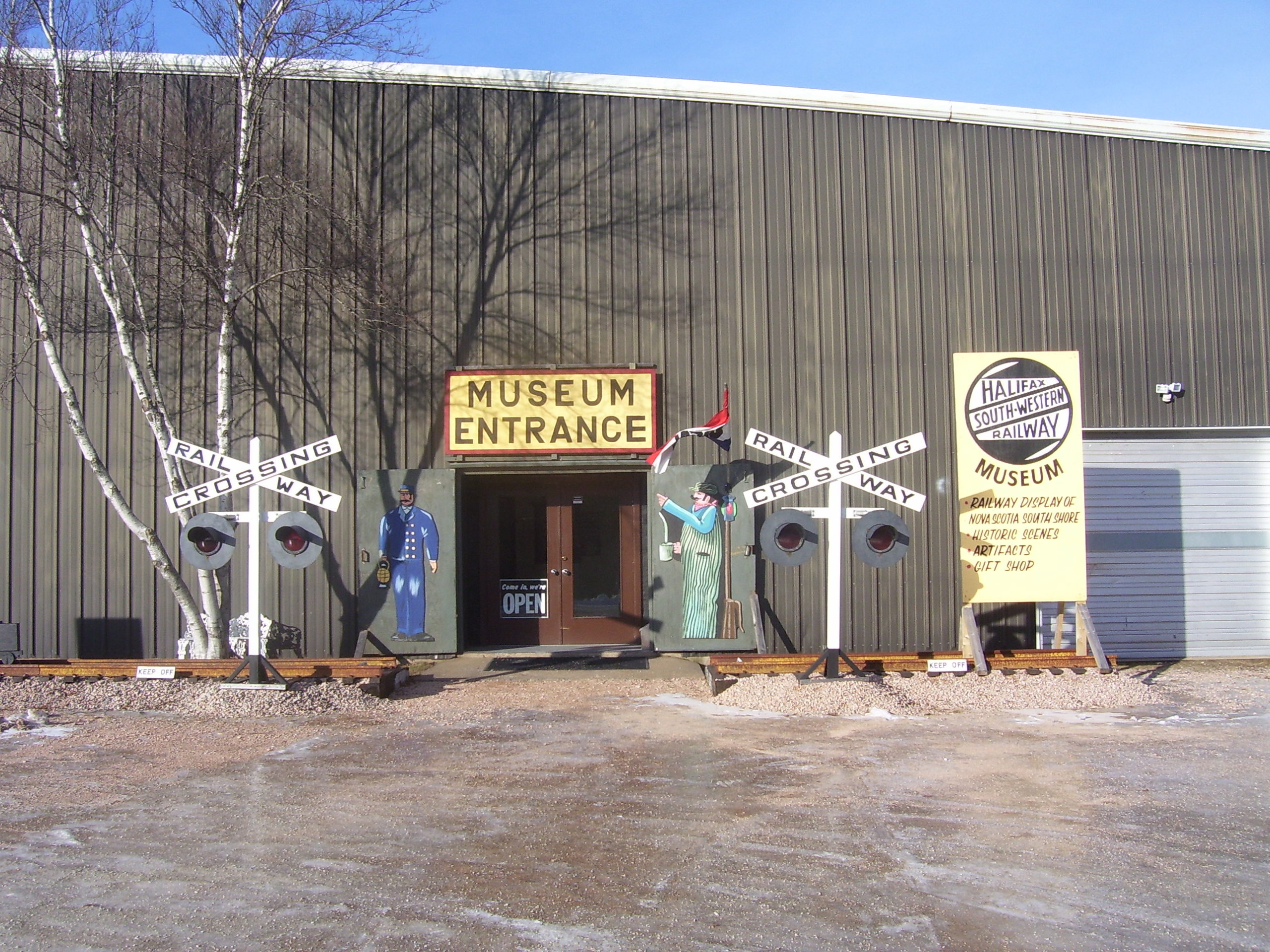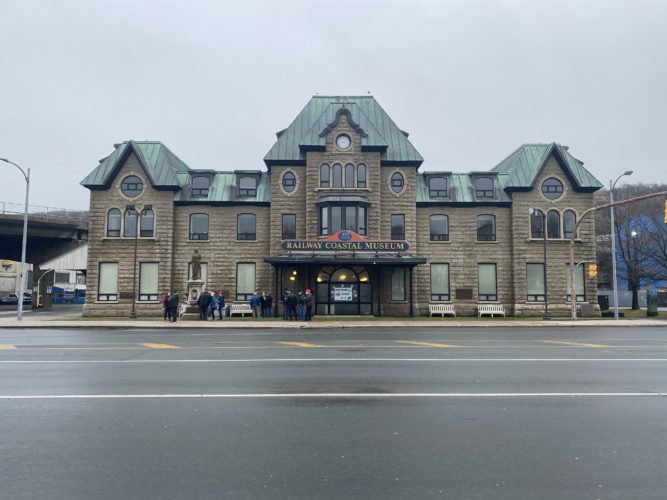Atlantic railway museums set to close, but plan to reopen with new life
Enthusiastic railroaders look for new ways to share railway’s history amid closures

caption
Halifax & Southwestern Railway Museum in Lunenburg, N.S.Two museums dedicated to the railway in Atlantic Canada have announced potential closures within the past few months – but it’s not all bad news.
Railroad enthusiasts in Atlantic Canada are passionate about keeping the history alive – not just by educating but keeping up with the times. There are a number of operating railway museums in the four provinces, but in recent months there have been announcements of sudden closures in Nova Scotia and Newfoundland & Labrador.
In Nova Scotia and New Brunswick there are still some public railway lines operating. In Prince Edward Island and Newfoundland & Labrador, the railway seems more like a tale of long ago. But many still have deep connections to the railway and its history in Canada’s eastern regions.
Duane Porter, operator of the Halifax & Southwestern Railway museum in Lunenburg, N.S. recently closed the building’s doors after seventeen years.
But this isn’t the last time you’ll hear from him, Porter says.

caption
Duane Porter, operator of the Lunenburg Museum“My glass is half full…not half empty.”
When COVID-19 regulations hit he had to cease operations at the museum, but this closure was something that had to happen eventually. He said the close is a retirement project.
Porter considers himself to be in the entertainment business. He wants to keep the community and the tourists interested, but most importantly keep them smiling when they stop by for a visit.
So he’s closing the doors of the museum for now in order to revamp the spot, and reopen in the near future if all goes well.
He says that museums need more than just artefacts to draw people in. There needs to be interactive displays depicting what an object did, or how it worked, in order to bring it to life.
“I’m looking to add more displays..an outdoor display as a large component,” Porter said.
Porter added that he finances the museum completely on his own without help from the government.
A similar relationship between museum and government has been seen across the water, in Newfoundland & Labrador.

caption
Railway Coastal Museum in St. John’s, NLIn St. John’s, NL the city announced that the historic Railway Coastal Museum in the downtown district was set to be permanently closed at the end of November.
After the announcement, two separate protests ensued. After many letters were written to city council expressing concerns from CN Railway pensioners to history buffs, there are now plans to remodel the museum and change the running season in order to keep the doors open.
Local railroad enthusiast and avid volunteer, J.P. Coady, has been outspoken about the announced closure of the Railway Coastal Museum since November. He says the problems faced by the museum in St. John’s are similar to those in Lunenburg, including a lack of updates inside the museum along with fewer funds coming from the outside community.
“With the museum downtown (St. John’s) it’s been the same setup for say ten, fifteen years,” Coady said.
“It’s nice but there’s been no change…I see a lot of wasted potential when I look around the place.”

caption
J.P. Coady, railway enthusiast who participated in protestsCoady is in the process of working with a new committee in order to save the museum. He has experience with preserving another railway museum in Avondale, NL and says it takes a lot of time, patience, and thinking outside the box.
“In Avondale there’s a list of young people who want to volunteer with us…when you let young people get involved, good things happen.”
Coady said that the Avondale museum is used as a rental space for yoga nights, card games, and private events and serves as a hub for the small town. This makes the museum a true multi-purpose facility, and keeps the public’s interest.
Kathryn Foley is a folklorist from Florida, NY living in Newfoundland since 1983. She organized the first protest in front of the St. John’s museum.
Foley said that sometimes there is a disconnect between university and community engagement, leading to proposed closures such as this one.

caption
Kathryn Foley, NL-based folklorist“This is a very emotional topic, and it’s a much more current topic than people think,” she said.
Supporters of railway museums say they will keep on track, as long as it takes to keep the doors open.
About the author
Antonia Whelan
Antonia (she/her) is a journalism student and classical pianist based in St. John's, NL.

M
Moira Myszak
K
Keith Hillier
P
Paul Stevenson